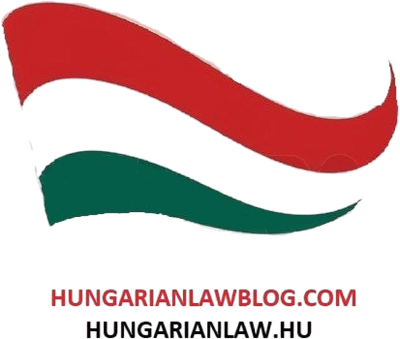Learn how to access your court file online and manage your case more efficiently.
Previously, access to the case file was only possible for litigants in person, in the proceedings before the court, at the court's administrative office, during office hours.
Today, however, it is possible to consult the documents in a civil case online without having to be present in person.
To do this, you will need a personal government Client Gateway+ access. In the first step, we need to register for a Client Gateway, which we can do at the government offices or document offices of the capital and county government offices and district offices, at the National Tax and Customs Administration's priority customer services, and at Hungary's diplomatic and consular missions abroad, or electronically at the website of the National Tax and Customs Administration, which we can access from 1 January 2016.
If you are in possession of a valid permanent ID card with an electronic signature issued after 1 January 2016, we can carry out the authentication at ugyfelkapu.gov.hu/regisztracio/regEszemelyi or by using the identification service via video technology at https://magyarorszag.hu/szuf_fooldal under the Client Gate menu.
If you already have a Client Gateway, you can use it to set up the one step more secure Client Gateway+ access, which already requires the user to provide two-factor authentication using a mobile phone authentication program.
This higher level of security can also be achieved with an ID card with an appropriate electronic signature. This enhanced digital protection, which provides access via a more stringent protocol, will result in only the authorised persons having access to our litigation data.
Once these preliminary steps have been taken, we can log on to the court online at https://eakta.birosag.hu/, where our application will be examined in the first instance in relation to our specific case, to see whether we are entitled to access.
Once we have received authorisation from the judge, we can access the legal documents of the case at any time of the day or night through this online Client Access System (CASS). This facility is open not only to the parties to the litigation but also to their lawyers who have registered as legal representatives in the litigation.
It is important to emphasise that for access to any document, it is necessary that the judge in charge classifies the document accordingly, depending on which party is entitled to access it. It may be that a document cannot be opened in the system because the judge presiding over the case has not given us electronic authorisation to do so.
The documents include pleadings of the parties, minutes of hearings, summons and other orders, time limits and internal court orders.
This system will greatly facilitate the work of clients and their legal representatives involved in litigation and will also reduce the workload of the courts, as they will no longer have to visit the courts in person to examine paper files and will no longer have to spend time moving files and supervising access to them, as this will be done automatically through digital control.
However, it is still possible that, on request, the old method of examining paper files in the court's administrative office may be used.








